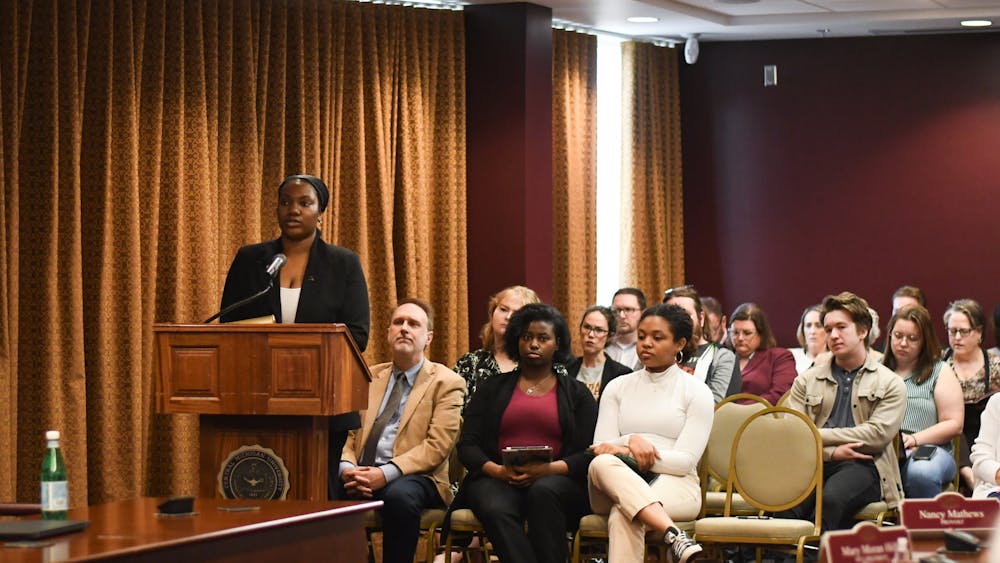University should be based on intellectuals, not entertainers
One night of expletives from rapper Fabolous: $25,000.
One night of laughs courtesy of comedian Demetri Martin: $43,000.
One night of intellectually-stimulating discussion: not priceless, and maybe not as popular among students. But definitely worth it.
As CMU decides whether to host performers such as Fabolous and Martin, or intellectuals such as Salman Rushdie, who came to campus last year, it should be guided by a relatively simple principle: intellectual discussion is more befitting in a university setting than is entertainment.
Unfortunately, this doesn’t seem to be the consensus at Central Michigan University. If it was, then the university wouldn’t have eliminated funding in 2003 for the Speaker Series, which hosts speakers such as Rushdie.
Meanwhile, the school continues to back the “Campus Program Fund.” According to Anthony Voisin, Director of Student Life, the fund alloted $292,000 to the Program Board. Most of this cash is used to sponsor entertainment, though some money goes to educational causes.
So while the Program Board continues to receive nearly $300,000 in funding, the Speaker Series must scrounge together resources from individual colleges and offices (e.g., the President’s Office).
According to Bob Ebner, Director of University Events, it gathered $40,000 this year, which essentially covers the cost of one speaker. (Robert Kennedy Jr., an environmental activist, will speak in November for a $35,000 price.)
If the university really does value its reputation as a forum for intellectual discussion, it should restore funding to the Speaker Series. If that entails reducing financial support for committees that fund entertainment, so be it.
This isn’t to say comedians and rappers don’t have their place. They do — on Comedy Central and MTV, respectively. The university, though, should be a forum for academic dialogue.
Of course, many, perhaps even most, students here would prefer a relaxing night of entertainment to an academic lecture. This same logic explains why most Americans tune in to a light-hearted television show instead of PBS when they arrive home from work.
This sentiment is understandable. Sometimes students need time away from their studies, and a night of entertainment can provide that. (I can attest Martin’s performance in April was particularly enjoyable.)
But when deciding whether to fund entertainment or intellectual discussion, the university should not make its decisions based on the preferences of the student body. Rather, its decision should reflect the university’s role in society. Is it to provide quality entertainment at a reasonable price to its students? Or is it to be a beacon of intellectual advancement?
I would argue that it is the latter. Hopefully, CMU’s funding priorities will begin to reflect that.




